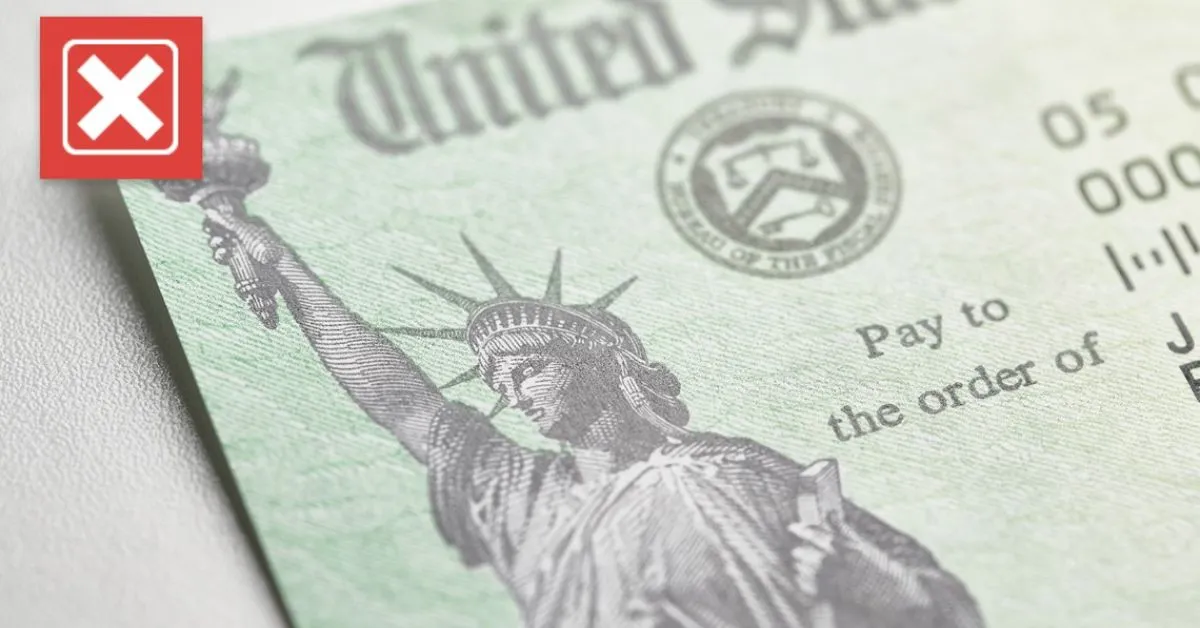Columbus Day is one of 11 federal holidays designated by the U.S. Office of Personnel Management (OPM). On this day, all non-essential federal government offices close, and federal employees typically receive a paid day off.
Created under the Uniform Monday Holiday Act of 1968, Columbus Day was moved to a Monday schedule beginning in 1971 to provide a long weekend for workers. While the holiday remains federal, individual states determine whether to recognize it at the state level, leading to significant differences in observance across the country.
The Origins of Columbus Day
The first Columbus Day celebration took place in 1792 in New York City, marking the 300th anniversary of Columbus’s voyage. It later gained prominence among Italian American communities, who saw it as a celebration of heritage and exploration.
In 1937, President Franklin D. Roosevelt made Columbus Day a national holiday, following strong advocacy from the Knights of Columbus, a Catholic fraternal organization. What began as a cultural celebration has evolved into a topic of national conversation around history, identity, and recognition.
What’s Open and Closed on Columbus Day
Because it’s a federal holiday, certain services and operations are affected nationwide:
- Federal offices and courts: Closed.
- U.S. Postal Service (USPS): No regular mail delivery.
- Banks: Many major banks and the Federal Reserve System observe the holiday.
- Stock markets: The New York Stock Exchange (NYSE) and Nasdaq remain open, though bond markets may close.
- Schools and local offices: Vary by state and district.
- Retail businesses: Most remain open and often hold sales events.
This mix of closures often confuses the public, especially since not all states treat Columbus Day as a holiday.
The Shift Toward Indigenous Peoples’ Day
In recent decades, Columbus Day has faced growing criticism due to the historical impact of European colonization on Indigenous communities. As a result, many states and cities have officially renamed or replaced Columbus Day with Indigenous Peoples’ Day, honoring Native American history, culture, and resilience.
As of 2025:
- Over 20 states and hundreds of cities, including Washington D.C., Seattle, and Los Angeles, now observe Indigenous Peoples’ Day either in place of or alongside Columbus Day.
- States like South Dakota celebrate Native American Day, while Hawaii observes Discoverers’ Day instead.
Despite these shifts, the federal designation of Columbus Day remains unchanged — meaning it continues to be observed nationwide under federal law.
Public Opinion and Modern Observance
Public attitudes toward Columbus Day have undergone significant changes. A 2023 Pew Research survey found that over 50% of Americans support recognizing Indigenous Peoples’ Day, while only about one-third actively celebrate Columbus Day.
Still, for many Italian Americans, the day remains an important symbol of cultural pride and immigrant achievement. Parades, especially in cities like New York and Chicago, continue to draw large crowds.
Key Facts About Columbus Day
- Date: Second Monday of October (October 13 in 2025)
- Federal holiday: Yes
- First declared: 1937 by President Franklin D. Roosevelt
- Current observance trend: Transitioning toward Indigenous Peoples’ Day in many regions
- Common activities: Parades, cultural events, educational programs
Final Thoughts
Columbus Day’s evolution reflects America’s ongoing effort to reconcile its history with its values. While it remains a federal holiday, its meaning continues to shift — from celebrating exploration to acknowledging Indigenous cultures and the complex legacy of colonization.
Whether one celebrates Columbus Day or Indigenous Peoples’ Day, the holiday serves as a poignant reminder of how history can evolve, adapt, and inspire reflection on identity and inclusion in modern America.



